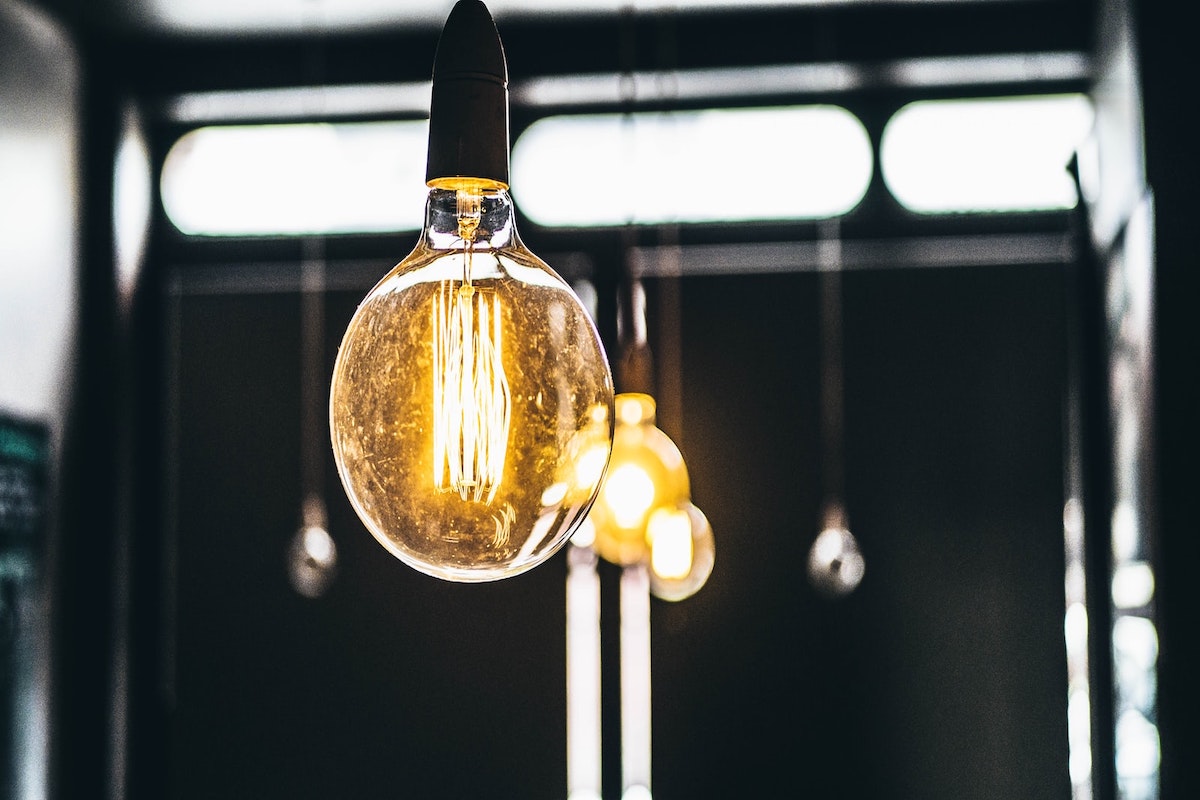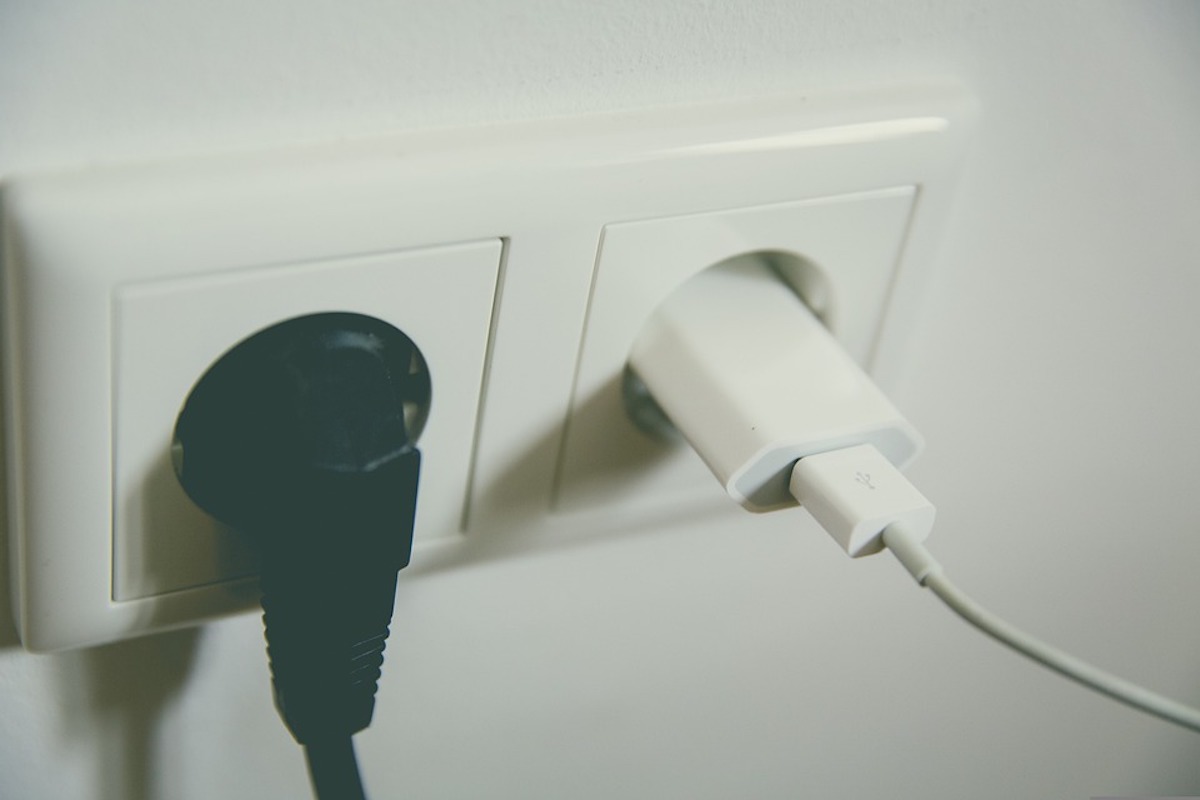Air conditioners
Air conditioners are essential during hot summers, but they also consume a considerable amount of energy. Using an air conditioner for eight hours a day can significantly increase your energy bill. To reduce the energy consumption of your air conditioner, you can use a programmable thermostat to control the temperature and turn it off when you’re not at home.

Refrigerators and freezers
Refrigerators and freezers are essential appliances in every household, but they consume a lot of energy to maintain a cool temperature 24/7. To minimize energy consumption, make sure that the door seals are tight and the temperature is set to the manufacturer’s recommended level. Also, don’t place hot items in the fridge or freezer as this can raise the temperature and make the appliance work harder.
Washing machines
Washing machines consume a considerable amount of energy, especially when washing clothes in hot water. To reduce energy consumption, wash your clothes in cold water and only run a full load. You can also use a high-efficiency washing machine that uses less water and energy than traditional models.
Dryers
Dryers are known for their energy consumption, with each load consuming a significant amount of energy. To reduce energy consumption, hang your clothes to dry instead of using a dryer. If you must use a dryer, make sure to clean the lint filter after each use and only run a full load.
Dishwashers
Dishwashers are a time-saver, but they also consume a considerable amount of energy and water. To reduce energy consumption, only run a full load and use the eco-friendly setting if your dishwasher has one. Additionally, consider washing your dishes by hand if you only need to clean a few items.
By following the above tips, you can reduce your energy consumption and save money on your energy bills. Remember that it’s important to be conscious of the use of household appliances to not only save money but also to protect our environment. This way, we can all contribute to a more sustainable future.

